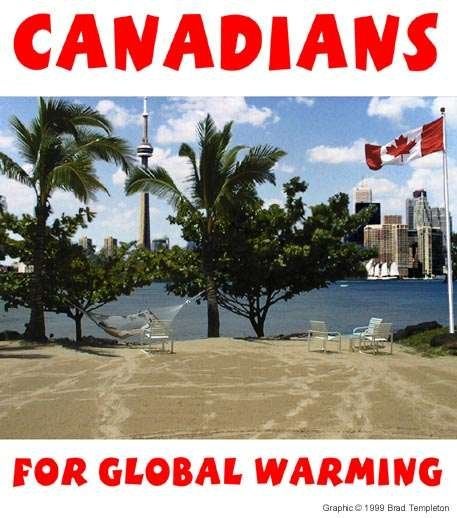The sky is falling.
“The sun is entering one of the deepest Solar Minima of the Space Age,” wrote Dr Tony Phillips just six weeks ago, on 27 Sep 2018.
Sunspots have been absent for most of 2018 and Earth’s upper atmosphere is responding, says Phillips, editor of spaceweather.com.
Data from NASA’s TIMED satellite show that the thermosphere (the uppermost layer of air around our planet) is cooling and shrinking, literally decreasing the radius of the atmosphere.
To help track the latest developments, Martin Mlynczak of NASA’s Langley Research Center and his colleagues recently introduced the “Thermosphere Climate Index.”
The Thermosphere Climate Index (TCI) tells how much heat nitric oxide (NO) molecules are dumping into space. During Solar Maximum, TCI is high (meaning “Hot”); during Solar Minimum, it is low (meaning “Cold”).
“Right now, it is very low indeed … 10 times smaller than we see during more active phases of the solar cycle,” says Mlynczak
Record cold in a matter of months
“If current trends continue, it could soon set a Space Age record for cold,” says Mlynczak. “We’re not there quite yet, but it could happen in a matter of months.”
“The sun is entering one of the deepest Solar Minima of the Space Age,” wrote Dr Tony Phillips just six weeks ago, on 27 Sep 2018.
Sunspots have been absent for most of 2018 and Earth’s upper atmosphere is responding, says Phillips, editor of spaceweather.com.
Data from NASA’s TIMED satellite show that the thermosphere (the uppermost layer of air around our planet) is cooling and shrinking, literally decreasing the radius of the atmosphere.
To help track the latest developments, Martin Mlynczak of NASA’s Langley Research Center and his colleagues recently introduced the “Thermosphere Climate Index.”
The Thermosphere Climate Index (TCI) tells how much heat nitric oxide (NO) molecules are dumping into space. During Solar Maximum, TCI is high (meaning “Hot”); during Solar Minimum, it is low (meaning “Cold”).
“Right now, it is very low indeed … 10 times smaller than we see during more active phases of the solar cycle,” says Mlynczak
Record cold in a matter of months
“If current trends continue, it could soon set a Space Age record for cold,” says Mlynczak. “We’re not there quite yet, but it could happen in a matter of months.”







